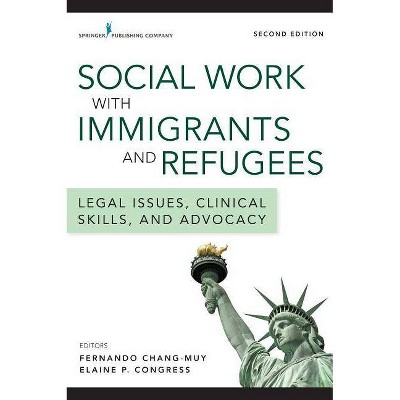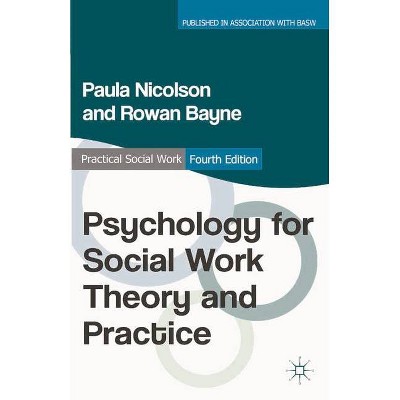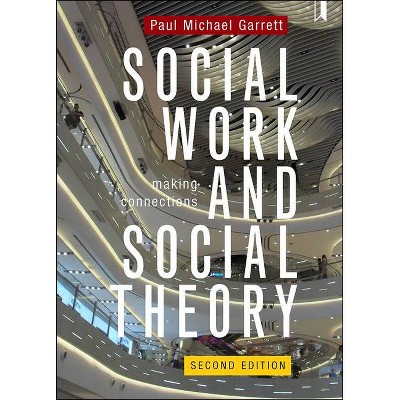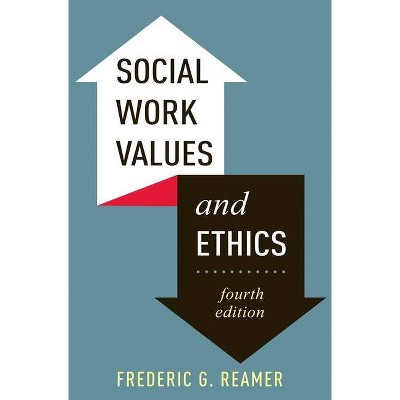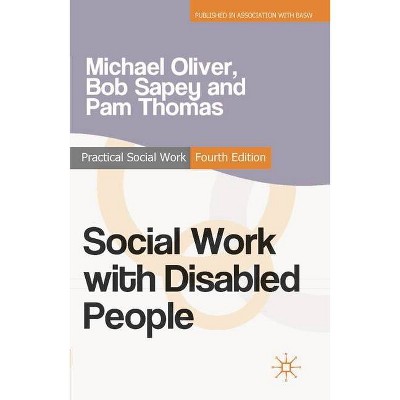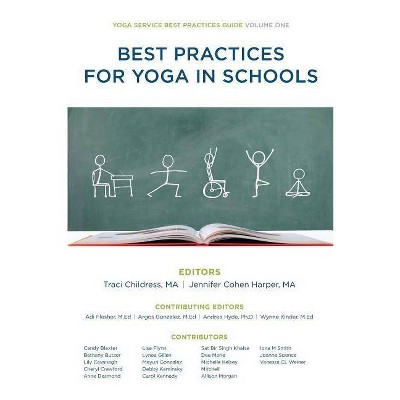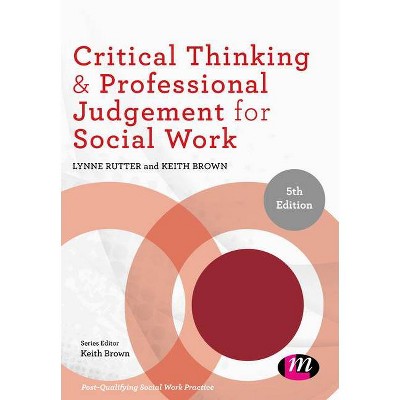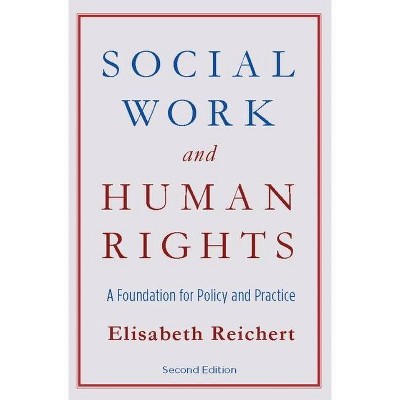Best Practices for Social Work with Refugees and Immigrants - 2nd Edition by Miriam Potocky & Mitra Naseh (Paperback)
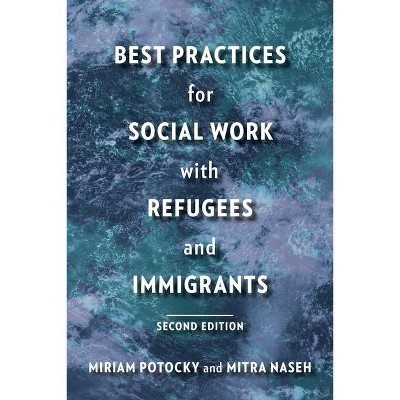
Similar Products
Products of same category from the store
AllProduct info
<p/><br></br><p><b> About the Book </b></p></br></br>"Social work practice with refugees and immigrants requires specialized knowledge of these populations and specialized adaptations and applications of mainstream services and interventions. Because they are often confronted with cultural, linguistic, political, and socioeconomic barriers, these groups are especially vulnerable to psychological problems such as anxiety, depression, alienation, grief, and post-traumatic stress disorder, as well as concerns arising from inadequate health care. Institutionalized discrimination and anti-immigrant policies and attitudes only exacerbate these challenges. The second edition of Best Practices for Social Work with Refugees and Immigrants offers an update to this comprehensive guide to social work with foreign-born clients and an evaluation of various helping strategies and their methodological strengths and weaknesses. Part 1 sets forth the context for evidence-based service approaches for such clients by describing the nature of these populations, relevant policies designed to assist them, service-delivery systems, and culturally competent practice. Part 2 addresses specific problem areas common to refugees and immigrants and evaluates a variety of assessment and intervention techniques in each area. Using a rigorous evidence-based and pancultural approach, Miriam Potocky and Mitra Naseh identify best practices at the macro, meso, and micro levels to meet the pressing needs of uprooted peoples. The new edition incorporates the latest research on contemporary social work practice with refugees and immigrants to provide a practical, up-to-date resource for the multitude of issues and interventions for these populations"--<p/><br></br><p><b> Book Synopsis </b></p></br></br>Social work practice with refugees and immigrants requires specialized knowledge of these populations and specialized adaptations and applications of mainstream services and interventions. Because they are often confronted with cultural, linguistic, political, and socioeconomic barriers, these groups are especially vulnerable to psychological problems such as anxiety, depression, alienation, grief, and post-traumatic stress disorder, as well as concerns arising from inadequate health care. Institutionalized discrimination and anti-immigrant policies and attitudes only exacerbate these challenges. <p/>The second edition of <i>Best Practices for Social Work with Refugees and Immigrants </i>offers an update to this comprehensive guide to social work with foreign-born clients and an evaluation of various helping strategies and their methodological strengths and weaknesses. Part 1 sets forth the context for evidence-based service approaches for such clients by describing the nature of these populations, relevant policies designed to assist them, service-delivery systems, and culturally competent practice. Part 2 addresses specific problem areas common to refugees and immigrants and evaluates a variety of assessment and intervention techniques in each area. Using a rigorous evidence-based and pancultural approach, Miriam Potocky and Mitra Naseh identify best practices at the macro, meso, and micro levels to meet the pressing needs of uprooted peoples. The new edition incorporates the latest research on contemporary social work practice with refugees and immigrants to provide a practical, up-to-date resource for the multitude of issues and interventions for these populations.<p/><br></br><p><b> Review Quotes </b></p></br></br><br><i>Best Practices for Social Work with Refugees and Immigrants</i> presents the context and complexity of migration along with guidelines for practical, systematic, and socially just intervention approaches. This essential and comprehensive resource for social workers provides information, identifies issues in the journey from entry to integration, and recommends best practices for service provision.--Uma A. Segal, University of Missouri-St. Louis<br><br>Substantive, well-organized, reader-friendly, and comprehensive, a timely pancultural overview of policy issues that serve as the context for social work practice with immigrants.--Jessica Rosenberg, Long Island University Brooklyn<br><p/><br></br><p><b> About the Author </b></p></br></br>Miriam Potocky is a professor in the School of Social Work at Florida International University and the director of its Initiative on Social Work and Forced Migration. She is an internationally recognized expert on refugee resettlement, author of more than seventy publications, and recipient of numerous grants and awards. <p/>Mitra Naseh is a PhD candidate in the School of Social Work at Florida International University and the research director of its Initiative on Social Work and Forced Migration. Her research has appeared in <i>Journal of Ethnic & Cultural Diversity in Social Work</i>, <i>Advances in Social Work</i>, <i>Journal of International Humanitarian Action</i>, and elsewhere.
Price History
Price Archive shows prices from various stores, lets you see history and find the cheapest. There is no actual sale on the website. For all support, inquiry and suggestion messagescommunication@pricearchive.us
